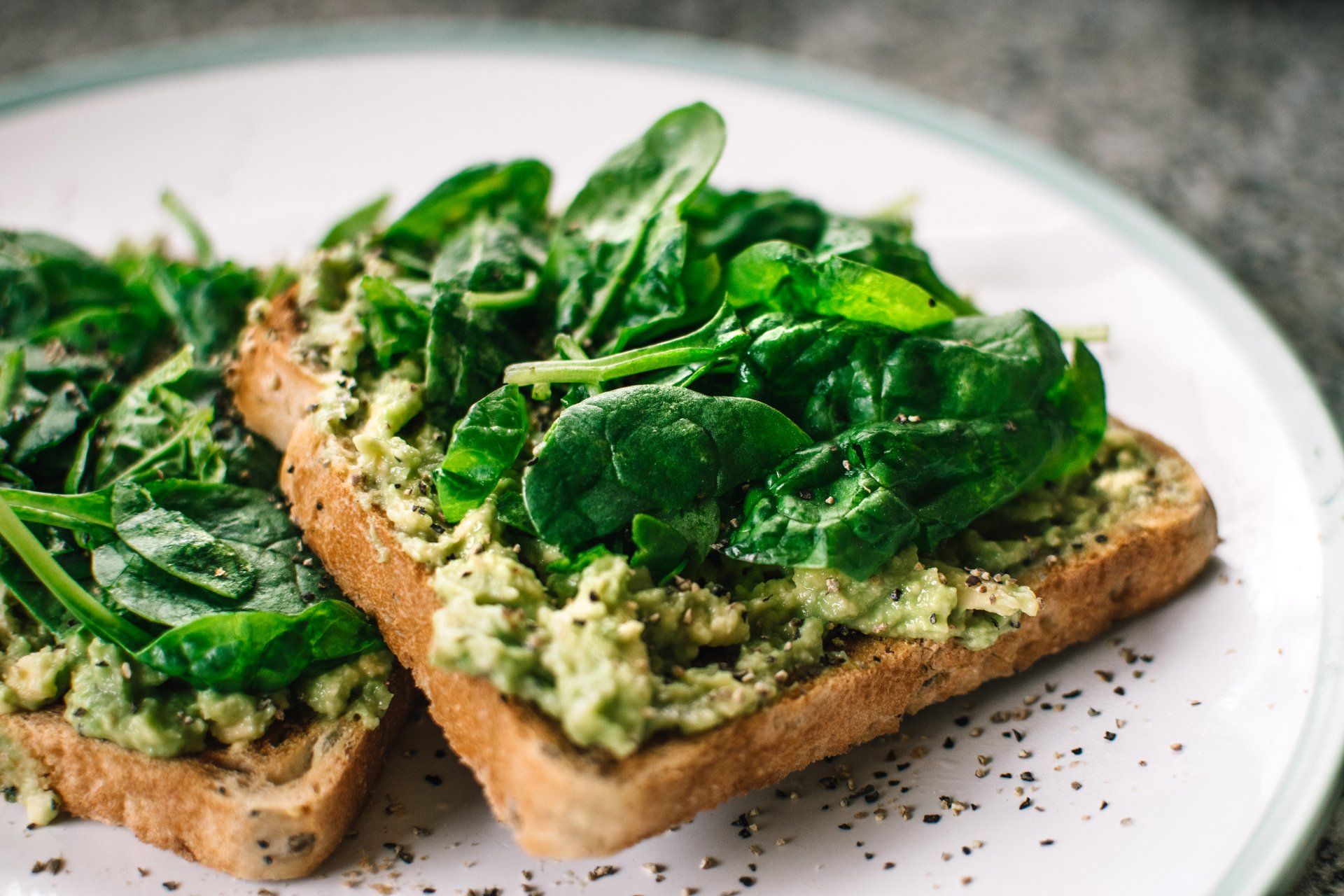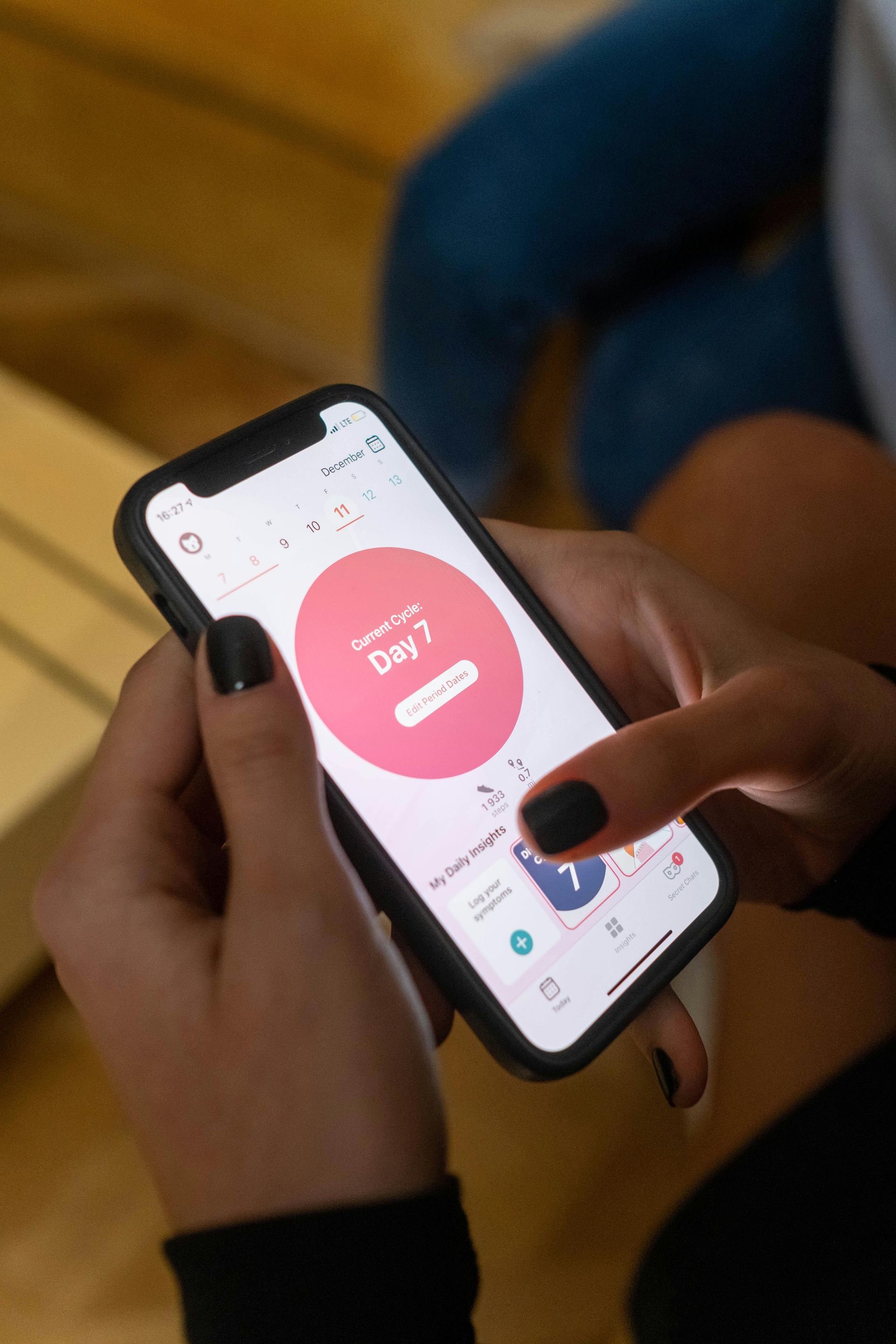Causes, Symptoms & Treatments for iron deficiencies
Iron deficiency symptoms and causes

Iron deficiency is more than common that most people realise and it is estimated that incidence will further increase due to our broken lifestyle and poor digestive function. So lets jump into it and discuss symptoms, causes and what you can do to manage an iron deficiency.
Iron deficiency causes
Iron gets absorbed mostly in the stomach and need hydrochloric acid and intrinsic factor by products produced by the stomach to be absorbed. If you are eating fast and not chewing your food properly and are eating in a stressed state than you producing less gastric juices which can reduce iron but also other mineral and vitamin absorption.
Other risk factors that will increase the risk of iron deficiency include:
- having a h-pylori infection which reduces acidity in the stomach
- having Ceoliac disease, Ulcerative colitis or Chron's disease
- having gut dysbiosis (excess growth of gram negative bacteria. Some of these bacteria can preferentially bind and use iron)
- following a vegan or vegetarian diet without knowing how to food combine or supplement as needed
- having genetics that require you have a higher intake of iron ... meaning you would need more iron than the recommended daily intake
- heavy periods
- fibroids
Iron deficiency symptoms
Symptoms of iron deficiency include:
- fatigue and lethargy
- brain fog, poor concentration and memory
- depression, hypothyroidism
- constipation
- pale see through skin with dark rings around the eyes
- pica/ clay cravings
- insomnia
- restless legs
- breathlessness or shortness of breath with exercise
- reduce ability to exercise
Iron deficiency treatment
The best way to correct and iron deficiency is by supplementing. First you need to ensure you have not stomach or intestinal infection and then use a supplement first thing in the morning on an empty stomach away from other foods. Most commercially available iron supplements tend to constipate so look for a practitioner only brands or some liquid irons tend to work a little better than tablets which can constipate and turn stools black.
If your iron levels are very low please ask your GP for a referal to get an iron transfusion which can help improve energy, stamina and mood very rapidly.
You can also consider taking digestive enzymes with food which will help break down nutrients and facilitate better absorption.
Looking at food iron rich source include:
- red meat and poultry
- leafy greens
- legumes
- dried fruit- particularly apricots
- tempeh
- teff
To further help absorption of iron you would benefit adding some vitamin C in the form of lemon/lime with your lunch and dinner to help. Just squeeze it on top of your meals. try to avoid drinking water with your meals as this can dilute your gastric juices and potentially make it harder to absorb nutrients.




